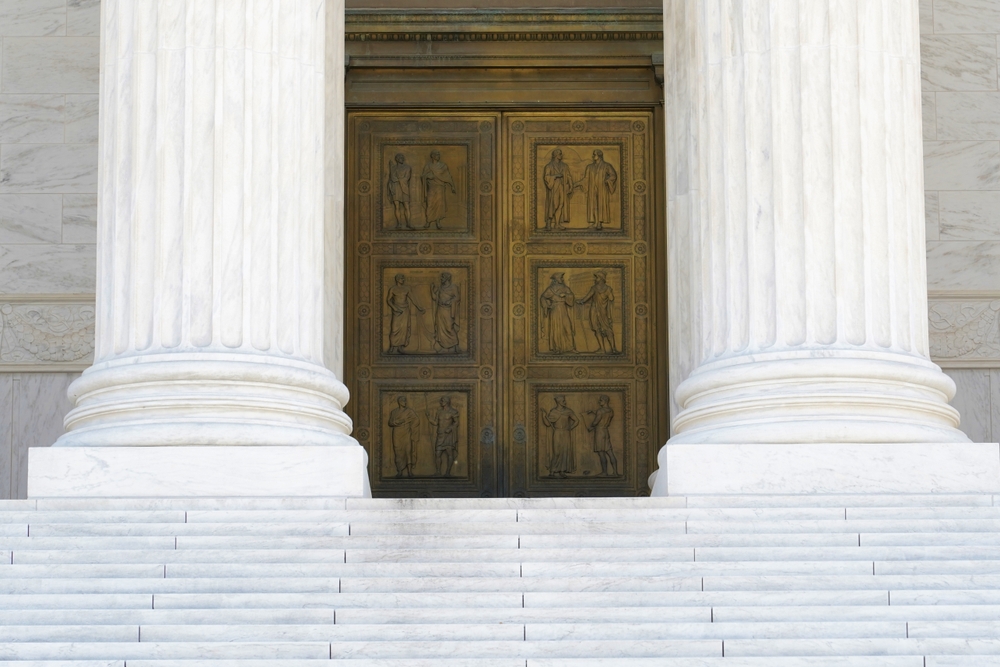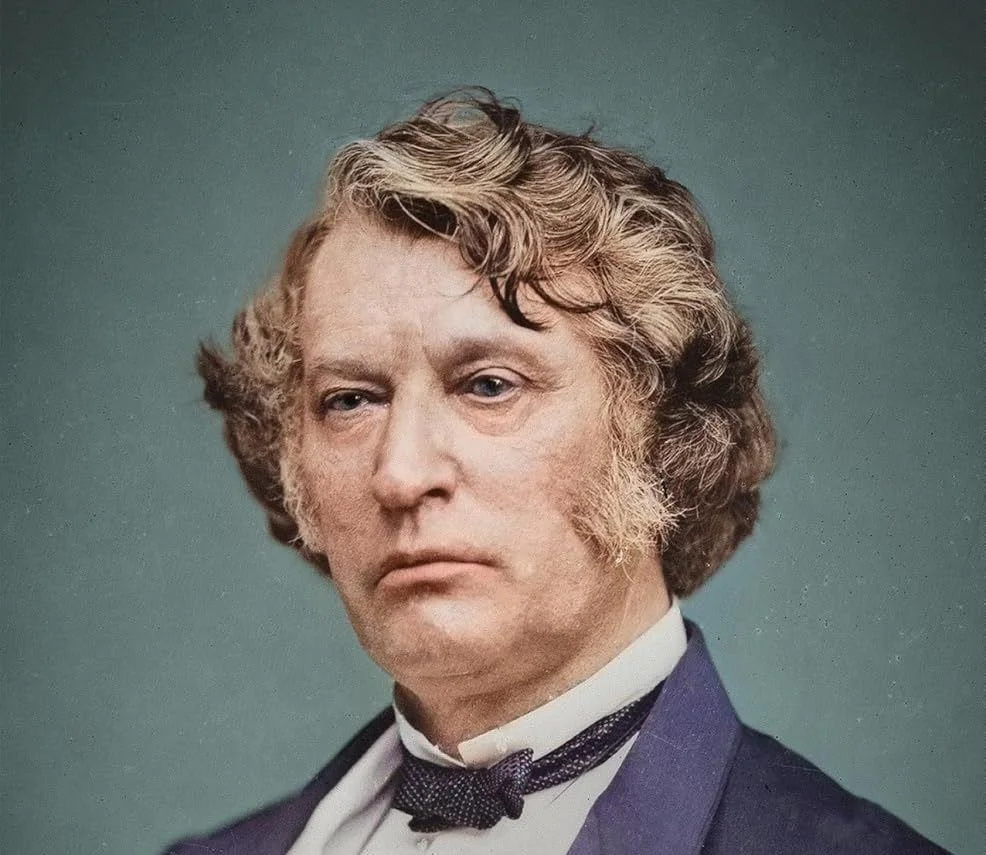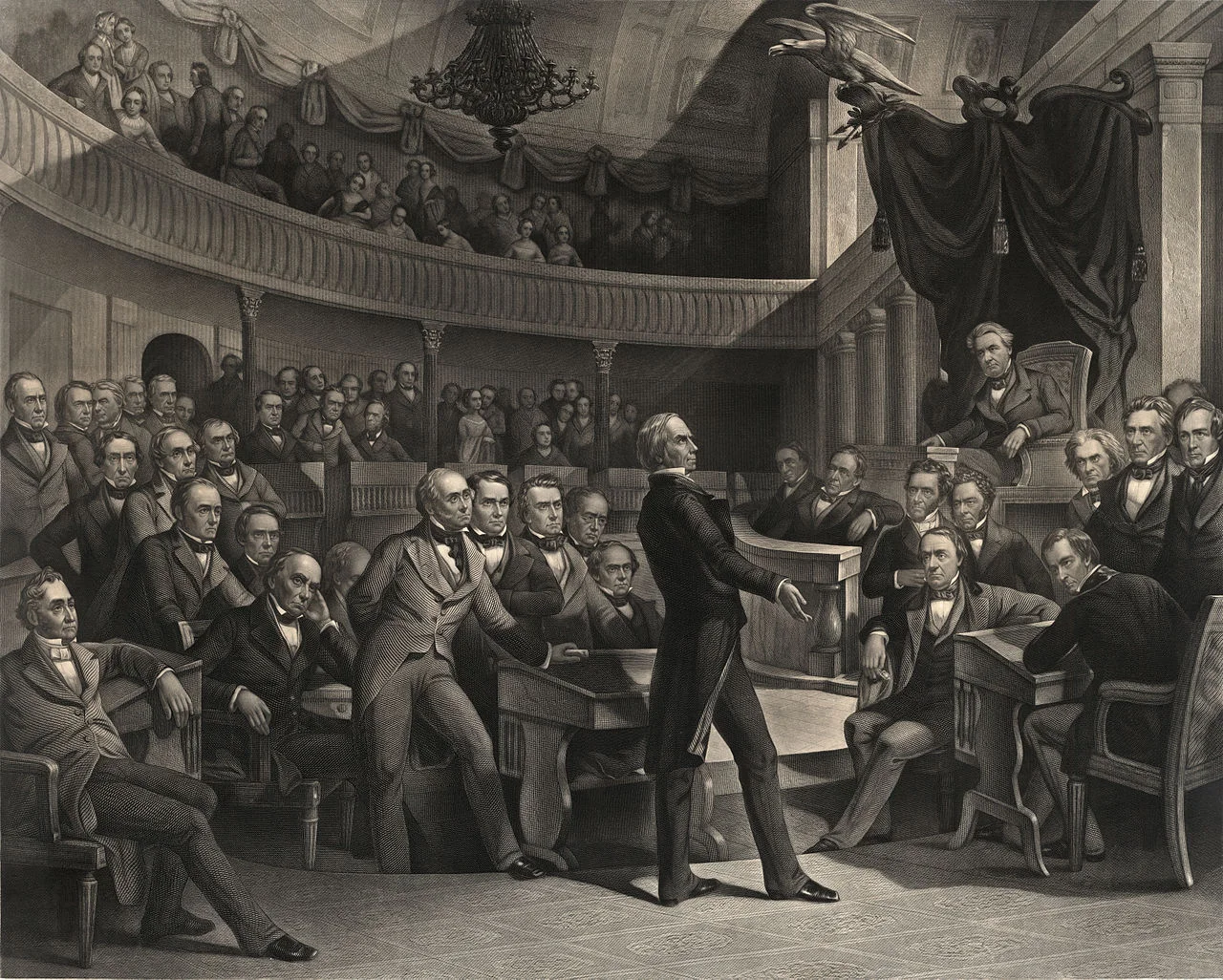.avif)
Trump, Lincoln and a ‘Habeas Corpus Threat’
Prof. John Yoo replies to William Galston.
In “Trump’s Habeas Corpus Threat” (Politics & Ideas, May 14), William A. Galston criticizes the idea that President Donald Trump could unilaterally suspend habeas corpus to deport illegal aliens faster. No president has ever done so without Congress, Mr. Galston writes, citing President Abraham Lincoln’s Civil War detention of Confederate prisoners.
Article I of the Constitution declares that “the Privilege of the Writ of Habeas Corpus shall not be suspended, unless when in Cases of Rebellion or Invasion the public Safety may require it.” While the right of habeas corpus helps protect all others—it demands that the government justify a detention’s lawfulness before a court—the Framers recognized that the exigencies of war and rebellion could justify its suspension. Mr. Galston argues that the clause, though written in the passive tense, empowers only Congress, not the president.
At the start of the Civil War, Lincoln unilaterally suspended habeas corpus, in addition to raising a military, launching offensive operations against the South and withdrawing money from the Treasury to pay for it. When Chief Justice Roger Taney ordered the administration to release John Merryman, an alleged Maryland rebel, it refused. Mr. Galston claims, however, that Lincoln “acknowledged that Congress had the last word on his decision.” The president asked the Legislature to bless his actions after the fact in his famous July 4, 1861, message.
Constitutionalism

Amicus Brief: Hon. William P. Barr and Hon. Michael B. Mukasey in Support of Petitioners
Former AGs Barr and Mukasey Cite Civitas in a SCOTUS Brief

Rational Judicial Review: Constitutions as Power-sharing Agreements, Secession, and the Problem of Dred Scott
Judicial review and originalism serve as valuable commitment mechanisms to enforce future compliance with a political bargain.

Supreme Court showdown exposes shaky case against birthright citizenship
Supreme Court will hear challenges to Trump's order ending birthright citizenship, testing the 14th Amendment's guarantee for babies born in America.

Two Hails For The Chief’s NDA
Instead of trying to futilely plug the dam to stop leaks, the Court should release a safety valve.

Charles Sumner’s Harmony with the Declaration
Sumner used the Declaration to increase the Constitution’s pursuit of forming a more perfect union.


.avif)










.avif)



